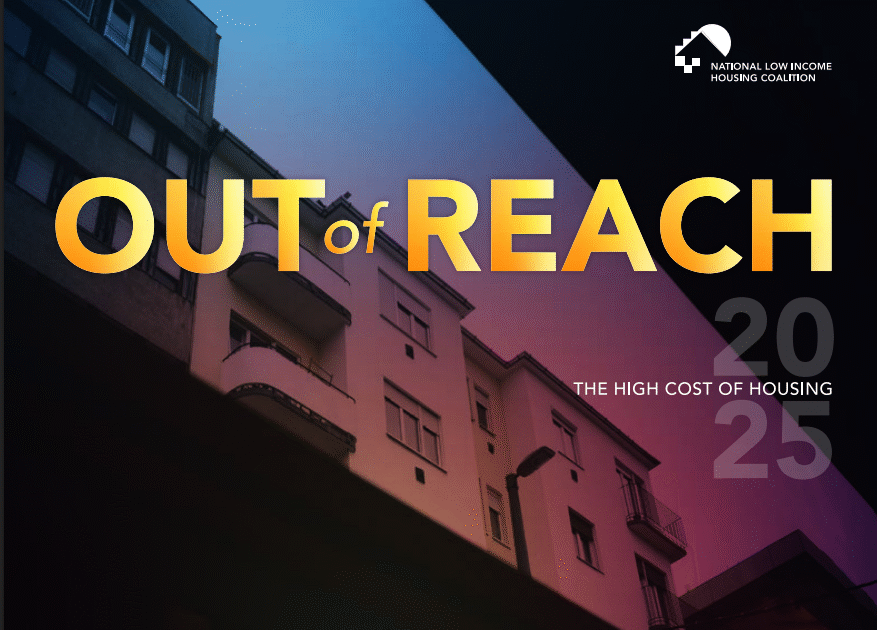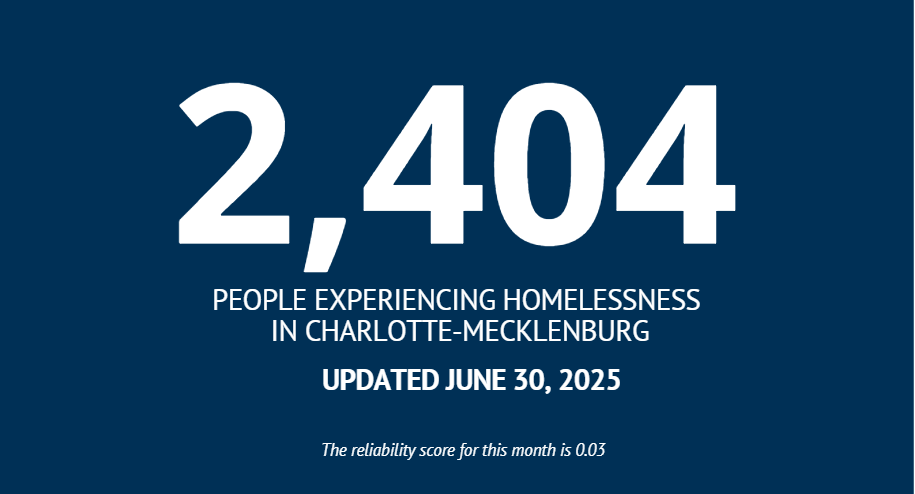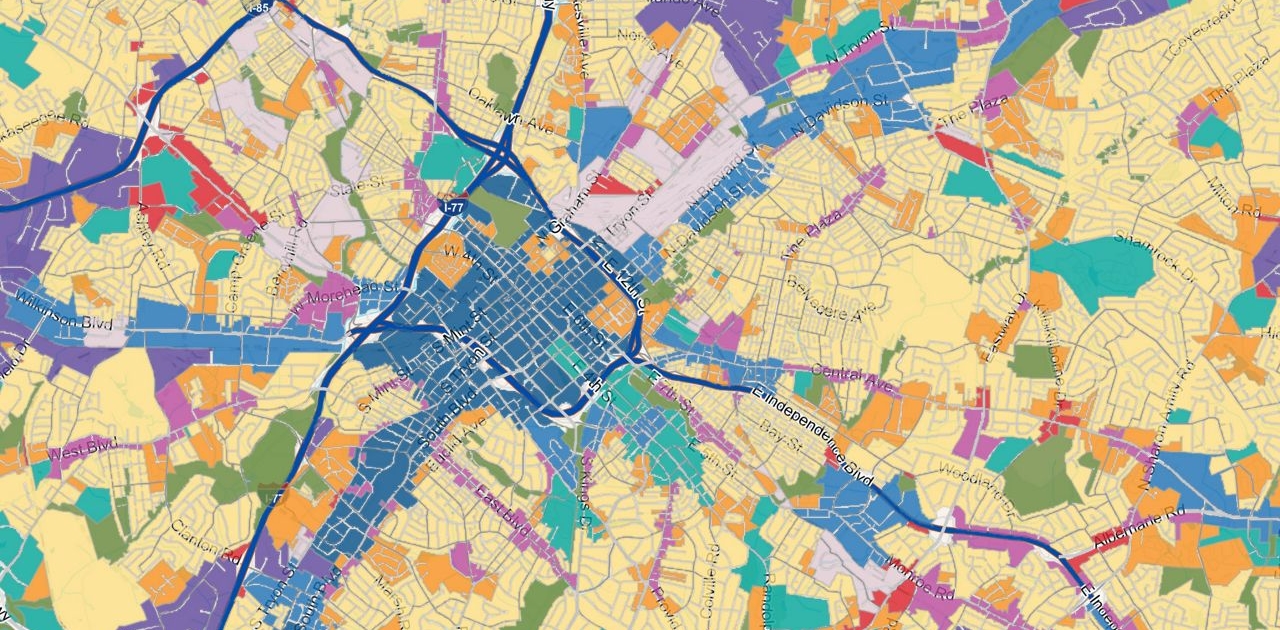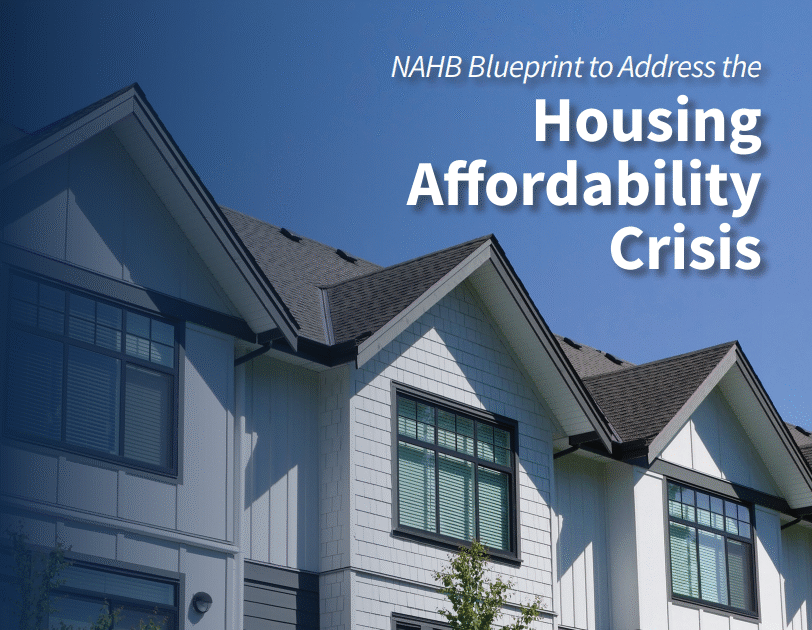 https://mecklenburghousingdata.org/wp-content/uploads/2025/07/OOR-2025-1.png
686
877
Mary Ann Priester
https://mecklenburghousingdata.org/wp-content/uploads/2018/02/Dashboard-Logo.png
Mary Ann Priester2025-07-31 00:11:062025-07-31 00:18:57Out of Reach 2025: What the Data Means for Charlotte-Mecklenburg
https://mecklenburghousingdata.org/wp-content/uploads/2025/07/OOR-2025-1.png
686
877
Mary Ann Priester
https://mecklenburghousingdata.org/wp-content/uploads/2018/02/Dashboard-Logo.png
Mary Ann Priester2025-07-31 00:11:062025-07-31 00:18:57Out of Reach 2025: What the Data Means for Charlotte-Mecklenburg https://mecklenburghousingdata.org/wp-content/uploads/2025/07/OOR-2025-1.png
686
877
Mary Ann Priester
https://mecklenburghousingdata.org/wp-content/uploads/2018/02/Dashboard-Logo.png
Mary Ann Priester2025-07-31 00:11:062025-07-31 00:18:57Out of Reach 2025: What the Data Means for Charlotte-Mecklenburg
https://mecklenburghousingdata.org/wp-content/uploads/2025/07/OOR-2025-1.png
686
877
Mary Ann Priester
https://mecklenburghousingdata.org/wp-content/uploads/2018/02/Dashboard-Logo.png
Mary Ann Priester2025-07-31 00:11:062025-07-31 00:18:57Out of Reach 2025: What the Data Means for Charlotte-Mecklenburg
One Number Update: June 2025
Blog, Frontpage ArticleSince its inception in 2019 , the “One Number” has served as the primary benchmark for the number of people experiencing homelessness in Charlotte-Mecklenburg.
The One Number is the best snapshot available for the number of people actively experiencing homelessness in Charlotte-Mecklenburg. It provides the most accurate minimum number of people experiencing homeless and provides insights into the minimum number of housing units and subsidies needed today to address their homelessness. These data also provide timely insights into the number of people flowing into and out of the homeless services system.
The Housing Data Snapshot, the hub for the latest data related to housing and homelessness in Charlotte-Mecklenburg, not only provides an overall count and demographics of homelessness by household type and subpopulation, it also highlights inflow to (Newly identified, Returns from Permanent Housing, Returns for Inactivity) and outflow from (Exit to Permanent Housing, Exit to Inactivity), homelessness.
This week’s blog post provides the most recent One Number update; a synopsis of recent dashboard updates; the latest One Number trends and analysis; and what this means for Charlotte-Mecklenburg.

New Coordinated Entry Data Pages
Blog, Frontpage ArticleRegularly reviewing Coordinated Entry System (CES) data is essential for communities working to reduce homelessness. This data provides valuable insights into who is being served, how quickly people are being connected to housing, and whether the system is working equitably. We’re excited to announce the launch of the new Coordinated Entry Data pages, released today. This new resource provides key insights into how the Charlotte-Mecklenburg Continuum of Care (CoC) is implementing Coordinated Entry, including data on system access, assessments, and referrals.
This blog introduces the new Coordinated Entry data pages and highlights how the data can help guide decision-making in Charlotte-Mecklenburg.

The Impact of State Zoning Law on Affordable Housing
Blog, Frontpage ArticleParticularly in rapidly growing municipalities like Charlotte-Mecklenburg, zoning laws have become a critical tool and sometimes a barrier in the effort to address housing affordability.
This blog post synthesizes research about zoning laws in North Carolina and examines what zoning is and how it can affect housing affordability.

A 10‑Point Blueprint for Housing Affordability
Blog, Frontpage ArticleIn January 2025, the National Association of Home Builders’ (NAHB) released Blueprint to Address the Housing Affordability Crisis. This report provides a roadmap for how local governments can align zoning, permitting, workforce development, and financing to make housing affordable in Mecklenburg County.
This blog provides an overview of the key take-aways from the report and the implications for Charlotte-Mecklenburg.

One Number Update: May 2025
Blog, Frontpage ArticleSince its inception in 2019, the “One Number” has served as the primary benchmark for the number of people experiencing homelessness in Charlotte-Mecklenburg.
Generated from the Homeless Management Information System (HMIS), the One Number encompasses individuals enrolled in Emergency Shelter (ES), Transitional Housing (TH), Street Outreach (SO), Permanent Housing (PH) (if no move-in date to housing is recorded yet) and Coordinated Entry (CE) programs in HMIS. It includes both those experiencing sheltered homelessness and a portion of those experiencing unsheltered homelessness. It also provides a comprehensive By-Name List of each person experiencing homelessness in Charlotte-Mecklenburg.
The Housing Data Snapshot, the hub for the latest data related to housing and homelessness in Charlotte-Mecklenburg, not only provides an overall count and demographics of homelessness by household type and subpopulation, it also highlights inflow to (Newly identified, Returns from Permanent Housing, Returns for Inactivity) and outflow from (Exit to Permanent Housing, Exit to Inactivity), homelessness.
This week’s blog post provides the most recent One Number update; a synopsis of recent dashboard updates; the latest One Number trends and analysis; and what this means for Charlotte-Mecklenburg.

Research Roundup: LGBTQ Homelessness
Blog, Frontpage ArticleThe Research and News Roundup is a monthly blog series that features a curated list of recent news and research related to housing instability, homelessness, and affordable housing. Together, these topics provide insights about the full housing continuum and provide community stakeholders with information about emergent research, promising practices, and innovative solutions related to housing and homelessness.
In observance of Pride month, this month’s Research and News Roundup highlights housing challenges faced by LGBTQ+ individuals and necessary policy and practice reforms to meet their unique needs.

Findings from a New Report on Transition Age Foster Care Youth and Homelessness
Blog, Frontpage ArticleIn June 2025, Mecklenburg County Community Support Services released two reports examining Transition-Age Foster Care Youth and Homelessness. The first report looks at older youth who experience foster care and the association with homelessness between ages 18 and 21. The second report in the series looks specifically at youth who are eligible for Extended Foster Care – which provides support services and financial support for housing for youth who age out of the foster care system. For this report homelessness is defined as accessing local homeless services such spending the night at an emergency shelter.
This blog outlines key findings from the reports and what these findings mean for Mecklenburg County.

2025 Point-in-Time Count: Sheltered Count and Overall Totals
Blog, Frontpage ArticleEach year, communities across the U.S. participate in the HUD-mandated Point-in-Time (PIT) Count to measure homelessness. This effort aims to estimate how many people are experiencing homelessness on a single night in January and to gain insight into their characteristics and living situations. The count includes both sheltered individuals, those in emergency shelters or transitional housing, and unsheltered individuals, those staying in places not meant for habitation. The PIT results, combined with other data sources, help shape local and national strategies to prevent and end homelessness.
A previous blog provided data from the 2025 Unsheltered Homeless Census and a discussion of the limitations of the PIT count. This blog provides an overview of the 2025 Sheltered Homeless Census and overall PIT count data.













